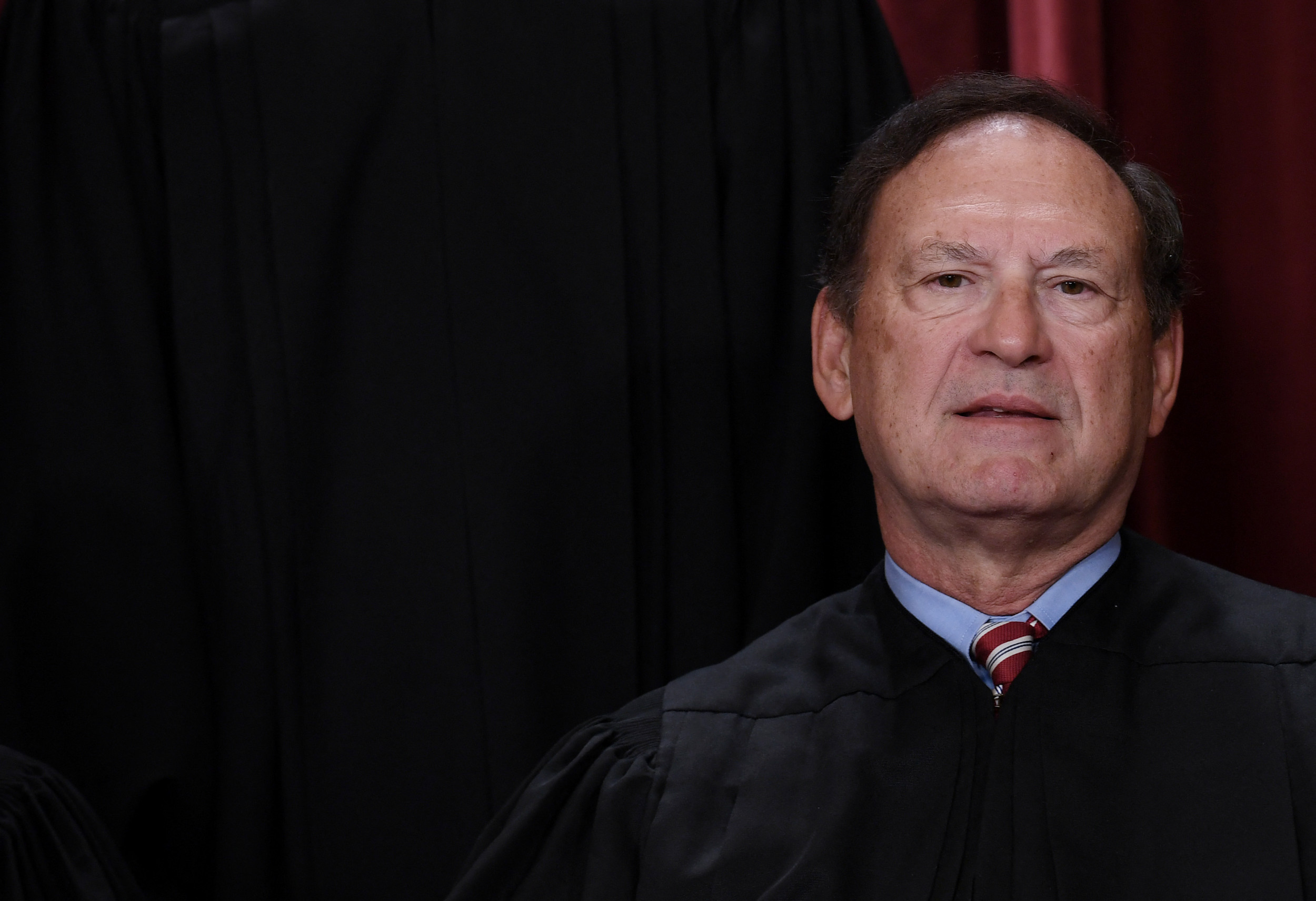Though the labels "Republican" and "Democrat" occupy so much of our political conversation, they are an inadequate way to understand many people's needs. That disconnect may explain why about one in three eligible voters sat out the most recent presidential election. After the 2020 election, eight in ten Americans who did not vote said politicians did not care about people like them. This perception is very much a part of the alienation felt by many who were once proud Democrats, like my extended family members and friends who are considering the surprising candidacy of Robert F. Kennedy Jr., now rising in public esteem and awareness.
A transformation of the Democratic Party's base in particular has left out working-class Americans who make up the economic backbone of the country. A philosophical divorce between them and younger, mostly college-educated voters is tearing the party apart. Anyone looking to revive enthusiasm for America's oldest political party must make an appeal for the forgotten Democrat, whose practical needs and economic stresses are just as important as newer agendas.
The Democratic Party was once known for serving the least of these. Once led by the likes of President John F. Kennedy and his brother Robert, they were characterized not by an angry agenda but a determined hope.
Case in point is JFK's 1960 Democratic Party Platform, which sounds very much like a plan to address today's headlines.
Americans today watch a world in conflict, as Russian aggression threatens Europe; China menaces world trade; and the Middle East is in crisis. Sadly, there's nothing new under the sun.
In 1960, the Democratic platform expressed a need for American strength. It called for "deterrent military power such that the Soviet and Chinese leaders will have no doubt that an attack on the United States would surely be followed by their own destruction." Because most of us want leadership that provides for the common defense, commitment to the protection of this nation is a priority.
As a country, we also need economic opportunity that opens doors to everyone, not just a chosen few. Then as now, a functional party should seek to "unshackle American enterprise and to free American labor, industrial leadership, and capital, to create an abundance that will outstrip any other system."
Now, almost six in ten American workers ages 16 and older get an hourly wage, leaving very little margin for mistakes. During President Joe Biden's time in office, prices have risen cumulatively by 17.4 percent while hourly wages lagged behind, growing only 13 percent. Despite Biden's "Inflation Reduction Act," inflation has risen more than 15 percent.

That's a failure that hurts everyone who drives a car, buys groceries, and pays rent. And it's left a generation of new voters wondering whether they can ever afford a home.
Everyone's economic options are being further limited by rising crime rates, a cultural tax we all pay.
In 1960, the Democratic Party pledged that when it comes to fighting crime, "vigorous corrective action" would address "a shocking increase in crimes of all kinds." Today's Democratic leaders seem willfully ignorant of their cities' decline and blind to the smash-and-grab chaos that closes businesses and scares away holiday shoppers.
Once the party promised a "new Democratic Administration will expand Federal programs to help urban communities clear their slums, dispose of their sewage, educate their children, transport suburban commuters to and from their jobs, and combat juvenile delinquency."
This kind of commitment has to be reenergized to rescue generations lost in urban decay, as cities that don't work swell with people who need a path forward, not a spot on a sidewalk.
Politics seems a tired profession these days. As Quinnipiac reports, many voters are open to changing their minds when offered uninspiring and angry people, looking worried and weary in endless media loops.
What too many politicians seem to have forgotten is that a governing vision should offer plans for hope and a future, pledging to stand with people in ways that empower them to eventually stand alone, and help the next generation.
I travel the country frequently, and I see struggling people wherever I go. I can't look away. It won't be party loyalty that motivates people like me. The forgotten Democrat, the forgotten voter, needs a sense of how we as a nation and as individuals can achieve our dreams, not just vent our fury.
Michael E. Hamrick is President/CEO of Resilient Risk Management Inc.
The views expressed in this article are the writer's own.
Uncommon Knowledge
Newsweek is committed to challenging conventional wisdom and finding connections in the search for common ground.
Newsweek is committed to challenging conventional wisdom and finding connections in the search for common ground.





